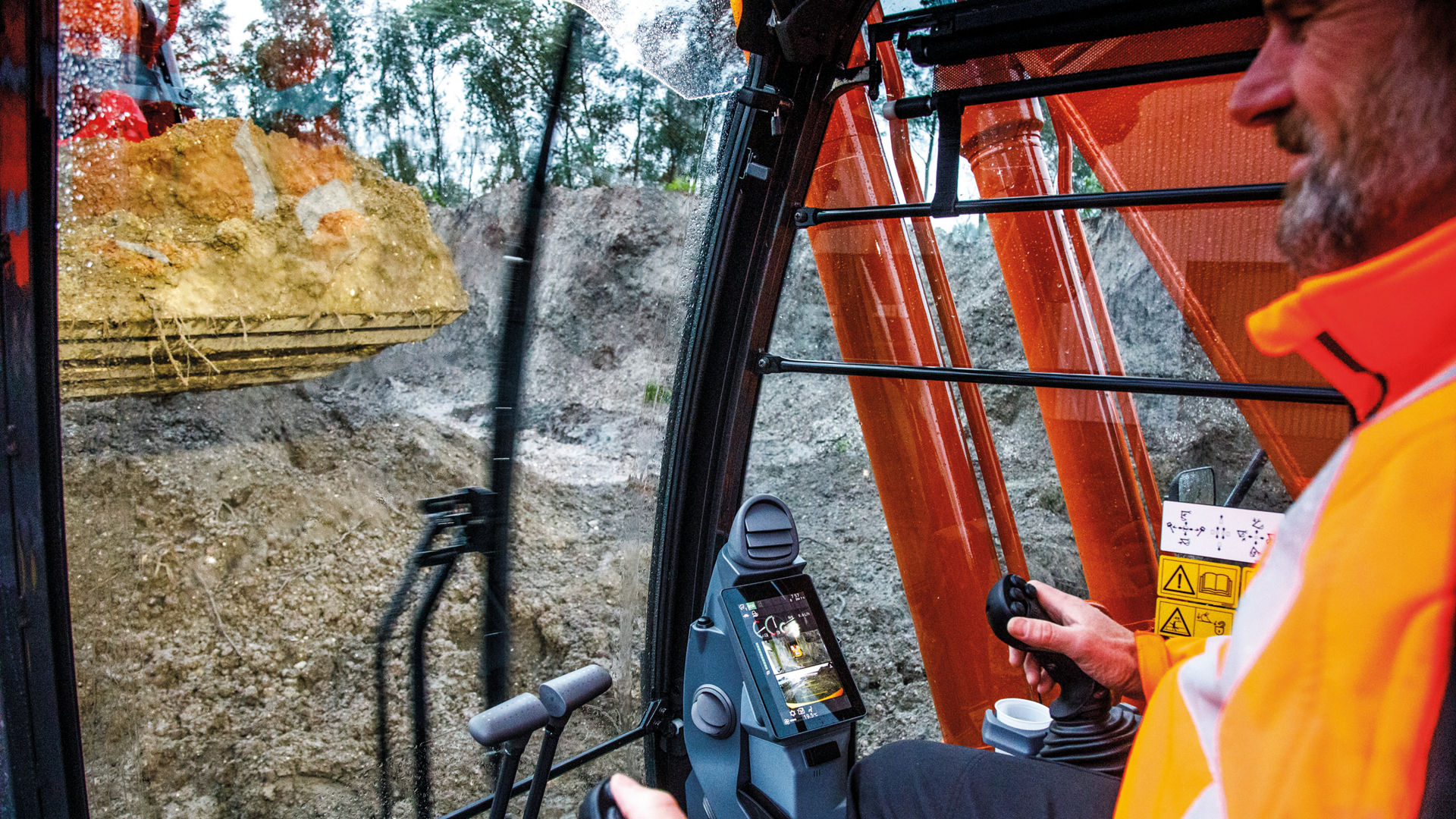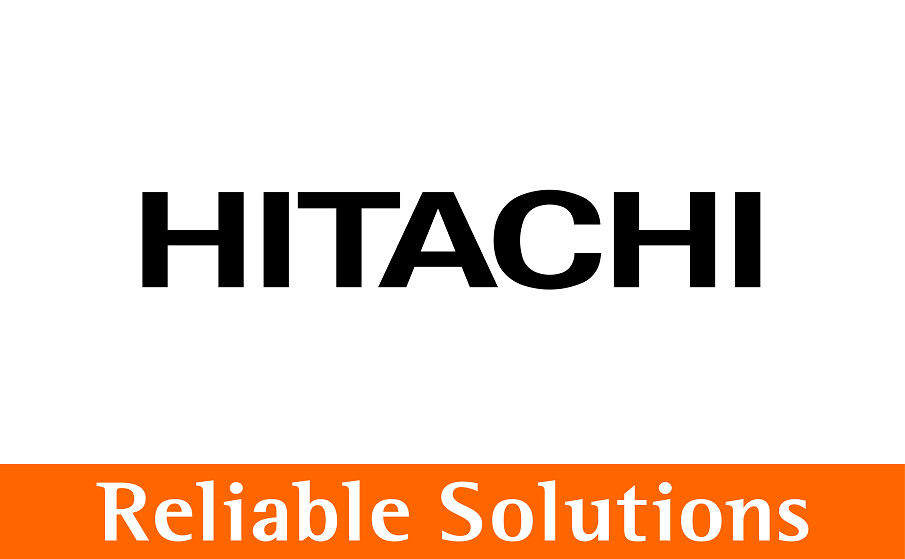How to protect your hearing: the importance of noise awareness on the job site

Construction sites are notoriously loud and amidst the noise, it's easy to overlook the long-term impact it can have on hearing health. In this blog, find out more about the dangers of noise-induced hearing damage and explore proactive measures that both you and your employer can take to mitigate these risks. We also dig into the pivotal role of quiet cabs in safeguarding hearing on site.
Understanding the risks of noise
Construction workers are frequently exposed to high levels of noise, well above the safe limit of 85 decibels (dB). Prolonged exposure to such noise can lead to irreversible hearing loss and other auditory disorders. The World Health Organisation (WHO) warns that even short bursts of intense noise, such as those common on construction sites, can cause significant harm.
Protective measures you can take
- Personal Protective Equipment (PPE): its important you wear the hearing protection provided by your employer, such as earplugs or ear defenders. Ensure these are adequate and you understand their proper usage.
- Noise monitoring: regular monitoring of noise levels on site can help identify high-risk areas so that adjustments can be made to reduce exposure.
- Sound exposure: it’s a good idea to rotate jobs on site, moving from a high noise task to a low one to reduce prolonged sound exposure.
The role Hitachi plays in quiet construction
Our cabs are designed to minimise the transmission of noise from heavy machinery to the operator's ears, contributing to hearing protection. For example, the redesigned, state-of-the-art ZW-7 wheel loader cabs provide some of the lowest noise and vibration levels in the market. Zaxis-7 excavator cabs also provide the ultimate in comfort and quality, with low noise levels and 16% less vibration than the previous generation.
The noise within the cab of the electric ZX55U-6EB is also reduced, providing operators with a comfortable working environment. Its low-noise benefits extend to surrounding areas too – reduced external sound levels enable the machine to operate extensively in residential urban areas with minimal noise disturbance to nearby homes and businesses.
What can employers do?
It’s also down to your employer to ensure your safety on site. Here’s some things they should be doing to protect your hearing:
- invest in modern machinery equipped with quiet cabs.
- provide adequate training on the proper use and maintenance of these cabs.
- regularly inspect and maintain machinery to uphold noise-reduction standards.
- encourage a culture of safety and awareness regarding hearing protection among workers.
Noise-induced hearing damage is a significant occupational hazard in the construction industry, but it can be prevented by prioritising noise awareness and implementing proactive measures. Speak to your employer if you are experiencing any noise-induced discomfort while at work or have any other concerns regarding your hearing.



